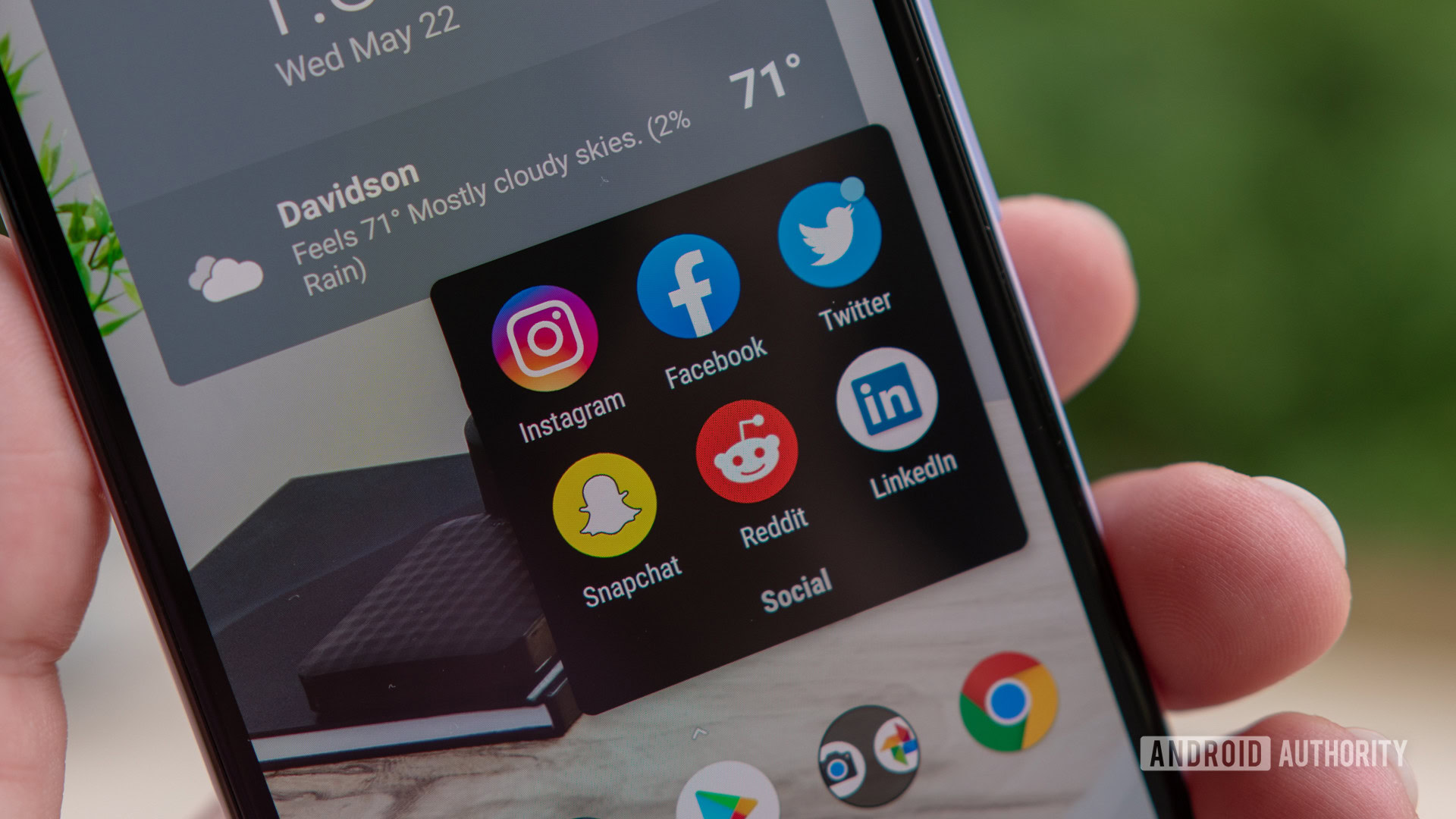[ad_1]

Edgar Cervantes / Android Authority
TL;DR
- A new EU report suggests that 80% of influencers fail to disclose every time they release sponsored content, or “sponcon.”
- The report screened 576 influencers and found that 97% posted sponcon, but only 20% reliably reported it as advertising.
- Additionally, 119 influencers in the study promoted unhealthy or hazardous activities.
Sometimes, we assume something to be true based on simply existing in the world, but having an official study done to prove our assumptions is always helpful. For example, everyone reading this probably assumes that influencers on social media and YouTube are lying a lot about the purpose of some of the content they create, but now there’s an official report to prove it.
Per Reuters, a study conducted in the EU suggests that four out of five influencers fail to disclose sponsored content, commonly known as “sponcon.” In the EU (and in the United States), it is against the law to accept money for creating content without disclosing it as an advertisement. The study looked at 576 influencers and found that nearly all (97%) posted sponcon, but 80% failed to disclose that content as paid ads.
The study did not disclose the identities of the influencers. However, the European Commission did confirm that it will investigate 358 of them in a more thorough manner and issue citations if necessary.
To make things even worse, the study found that 119 of the influencers also promoted unhealthy or hazardous activities. These included alcohol consumption, medical treatments, and shaky financial advice.
“Problematic marketing practices illustrate the importance of having modern robust legislation that is adequate to ensure digital fairness for consumers online,” the Commission said.
The issue here, of course, is a lack of enforcement. Governments can draft all sorts of laws demanding influencers follow ethical guidelines, but it doesn’t mean anything if there isn’t an efficient way to discover and punish those who break the rules. Until that comes along, it’s on the consumers to understand that there is a very, very high probability that the influencer you’re watching is not telling you they are simply a paid mouthpiece for a brand.
[ad_2]
Source link